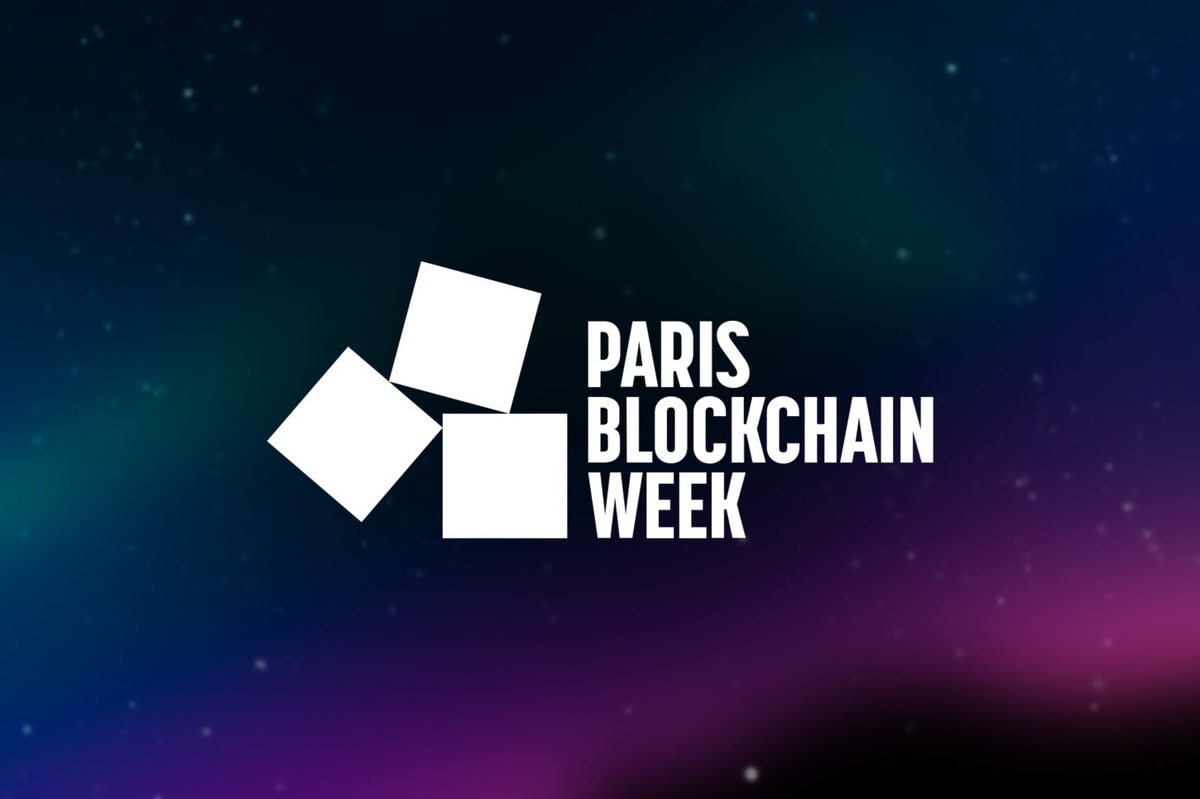As far as innovation goes, Australia is lagging behind the rest of the world — but you wouldn’t know it if you went to the AI and Web3 Hackfest in Melbourne over the weekend.
Australia’s inaugural Web and AI Hackfest — organized by blockchain financial services firm CloudTech Group and online learning provider JR Academy, and run at RMIT University — handed out over $50,000 in prizes to 10 winners, including BigR AI, Chess 3 and Sincidium, which came in first, second and third, respectively.
According to the World Economic Forum, Australia has dropped to 63 out of 64 developed nations by innovation. The big 4 banks in Australia are shedding jobs, as are many other large companies.
In terms of job creation and monetary value, nothing is better for the economy than a healthy startup ecosystem. Successful startups grow from 10 to 100 staff, then to 300 faster than existing companies. For any government, a healthy startup ecosystem creates jobs. Singapore knows this. Hong Kong knows this. The U.S. knows this. In Australia, however, government investment bodies are slow, the support ecosystem is sporadic, and regulation is lacking. The organizations supporting this hackfest aim to bring startups to the forefront to reverse that trend.
The Australian Blockchain Club (ABC), CloudTech Group and JR Academy have partnered together to launch the event, with the objective of incentivizing young coders and developers to solve real-world problems, providing an oasis of creativity in the desert of Australian-led innovation.
Liam Bussell, chief marketing officer of Cloudtech Group and one of the organizers of the event, said:
“For a while now, Australia has been going backwards on innovation. There’s a reason that over 50 articles in major publications mentioned Mike Cannon Brookes when they named an Australian tech founder — there just aren’t many other choices beyond the Canva guys. We felt that one way to disrupt this narrative was to get involved and provide an avenue for aspiring entrepreneurs that bridges the gap between pitch nights and actual seed funding. The event ran over three months, with teams going through mentoring with world-class experts from RMIT, Deloitte, Accenture and CloudTech Group. The idea was not just to create a pitch deck, but also begin building an actual MVP.”
Competition entrants ranged from AI-based education darling Sincidium, which came in third, to seed-round startup BIGR AI, which aims to be an “AI powered social media agency in a box” for SMEs, who came in first. The top three was rounded out by Chess 3, an online chess game underpinned by blockchain technology, which counters recent issues around the potential for cheating by world-class players.
The judging criteria of the event merged traditional pitch competitions with the added element of technical stream judges “looking under the hood” at code repositories and speaking to the teams via mentoring sessions. This hybrid model attracted both university entrants and seed companies from around the globe, from China to Eastern Europe, with the lion’s share coming from Australia. Over 50 teams initially registered, with 18 selected to pitch in the in-person event at RMIT over the weekend, where Meblourne-based BIGR AI taking the top prize.
Co-founder of BIGR AI, Chris Smith, commented:
“I’ve worked in the tech space for 15 years, but this is the first time I’ve pitched at an event. As someone who’s led a global agency for five years, I considered how I could use AI to replicate myself and my team to increase the value I give to clients. There’s a strong value gap in the social marketing space. Agencies bill small business clients $3,000 to $5,000 a month, with one account executive sometimes managing 40 to 100 clients. They give those clients an hour per week of their time, outsource the actual work and experience a 70% churn. Generative AI can replace work of that quality easily. We’ve already brought on a few investors, but getting support and a platform at an event like this is critical to young startups like us.”
The second-place winner, Chess 3 uses blockchain technology to write chess game results to an immutable ledger, removing any issue with cheating or compromised games. It also allows wagering with Ether (ETH) to begin with, with more tokens to be added down the line. Third place went to university darling Sincidium, which uses AI to combat generative AI plagiarism at universities and won the University of Melbourne startup competition and is building quite ahead of steam in Australia.
About AI and Web3 Hackfest
Organized by CloudTech Group and JR Academy, the AI and Web3 Hackfest in-person event ran in Melbourne on Aug. 18 and 19 at RMIT University’s Storey Hall.
Australian Blockchain Club is a rapidly growing community of AI and Web3 coders and developers who are interested in new technologies.
JR Academy is an edu-tech company that offers hands-on, intensive bootcamp in web and mobile app development, Web3, blockchain, DevOps, data engineering, data analytics, product management and brand UI and UX design.
CloudTech Group lends its expertise to world-class professional blockchain project management, consultancy and a diverse range of financial services. Its new product, CobWeb Pay improves Forex, remittance and digital payments by powering them with blockchain. It is in limited release in Australia and is available on Google Play and the App Store.











